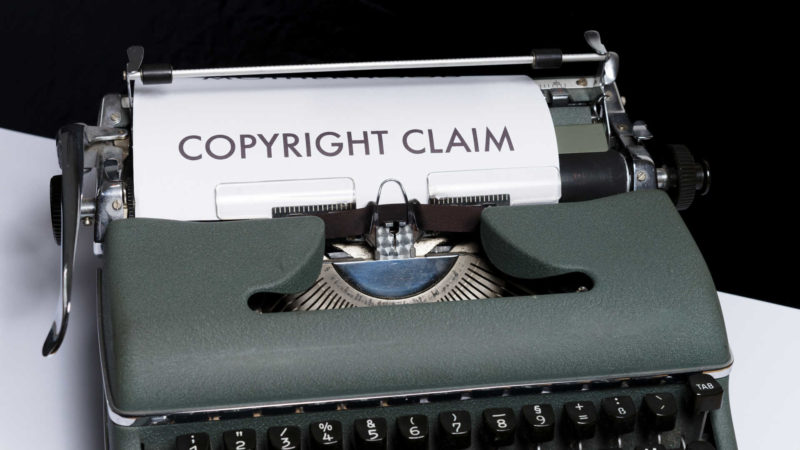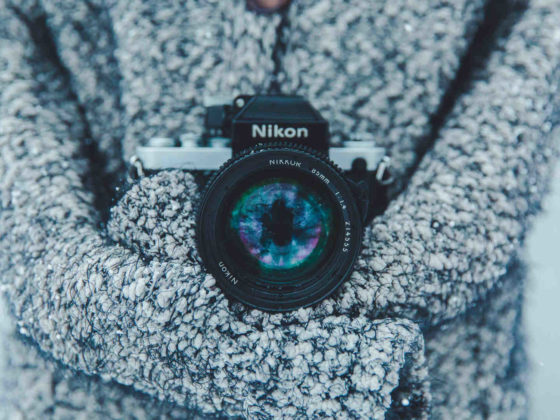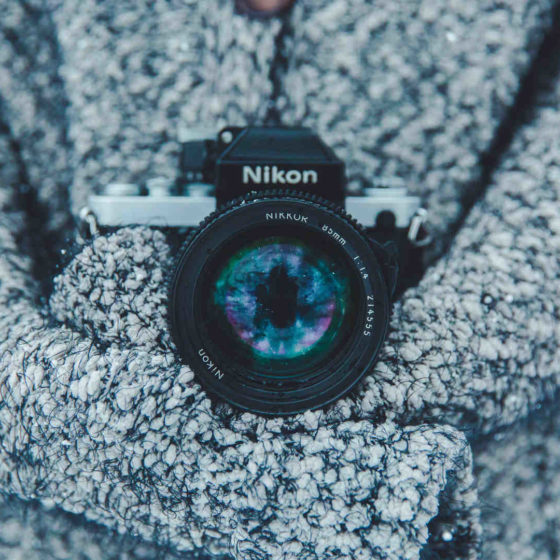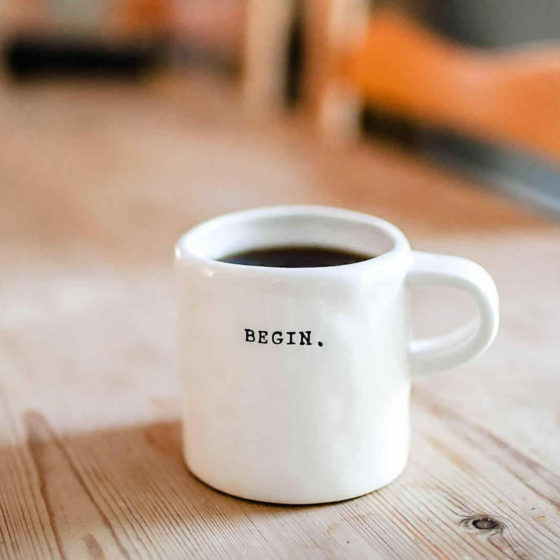The entire landscape of photography has changed completely, thanks to the advent of technology. Today, anyone who owns a smartphone can be a budding photographer which has led to millions of photographs being taken and shared online every day. While this may have brought an incredible amount of convenience to people all over the world, the legal issues behind the ownership of a photo have become complicated too.
Who owns the right to a photo? Copyright of a photograph belongs to the photographer, however, it can change based on a variety of factors such as the employee contract, licensing agreements and more.
Legality regarding any creative asset is always complicated. Amongst all the various art forms in existence today, copyright ownership of a photograph is one of the most straightforward ones. It does have its complications but overall the legality is fairly easy to understand. Let’s take a deeper dive into the subject and find out.
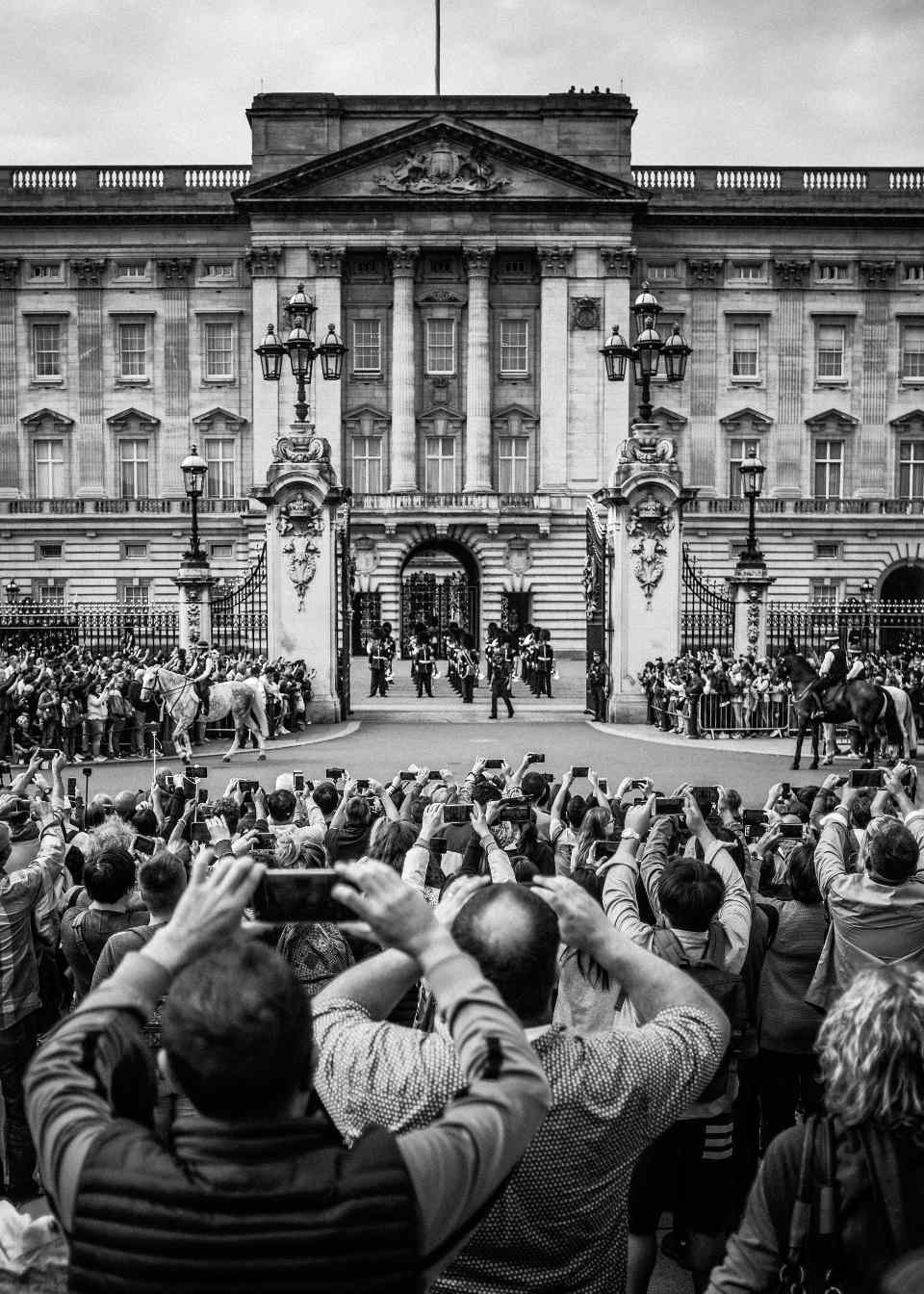
Who owns the right to a photo?
The first thing to keep in mind is that physical ownership is not the same as owning the copyright. In most cases, the photographer ends up owning the copyright of the photograph he/she took but it can belong to others too. Copyright ownership may belong to an individual or company based on various factors such as employment contracts, licensing deals, commissions and more.
As per the law, the copyright owner of any photograph commissioned before July 30th 1998 will belong to the individual who commissioned it. However, the copyright owner of any photo commissioned after July 30th 1998 will belong to the photographer except those that were taken for private or domestic use such as wedding photographs and portraits. Even in such photographs, if an agreement is signed transferring the ownership to the individual, then he/she will own the copyright.
There is also the right of restraint which gives the photographer the power to stop the photograph from being used against the original purpose. This is for cases in which a photograph is commissioned to a photographer but he/she doesn’t own the copyright. There is also the matter of the duration of the copyright when it comes to photos. For both published and unpublished photos, the copyright ownership will expire 70 years after the life of the photographer. If the photos were published anonymously or under a pseudonym, then the duration will be 70 years. If the photo in question was made for or published by the government, then the copyright ownership lasts for 50 years.
The legality of copyright ownership may feel a bit complex at first but a simpler way to understand and protect yourself properly is to always acknowledge any photograph you use and get permission (if required) to do so. Copyright ownership comes into play mostly when the photos are used for commercial purposes. If you love a photograph, you have every right to make a copy or convert it into a different format but you cannot in any way profit from it.
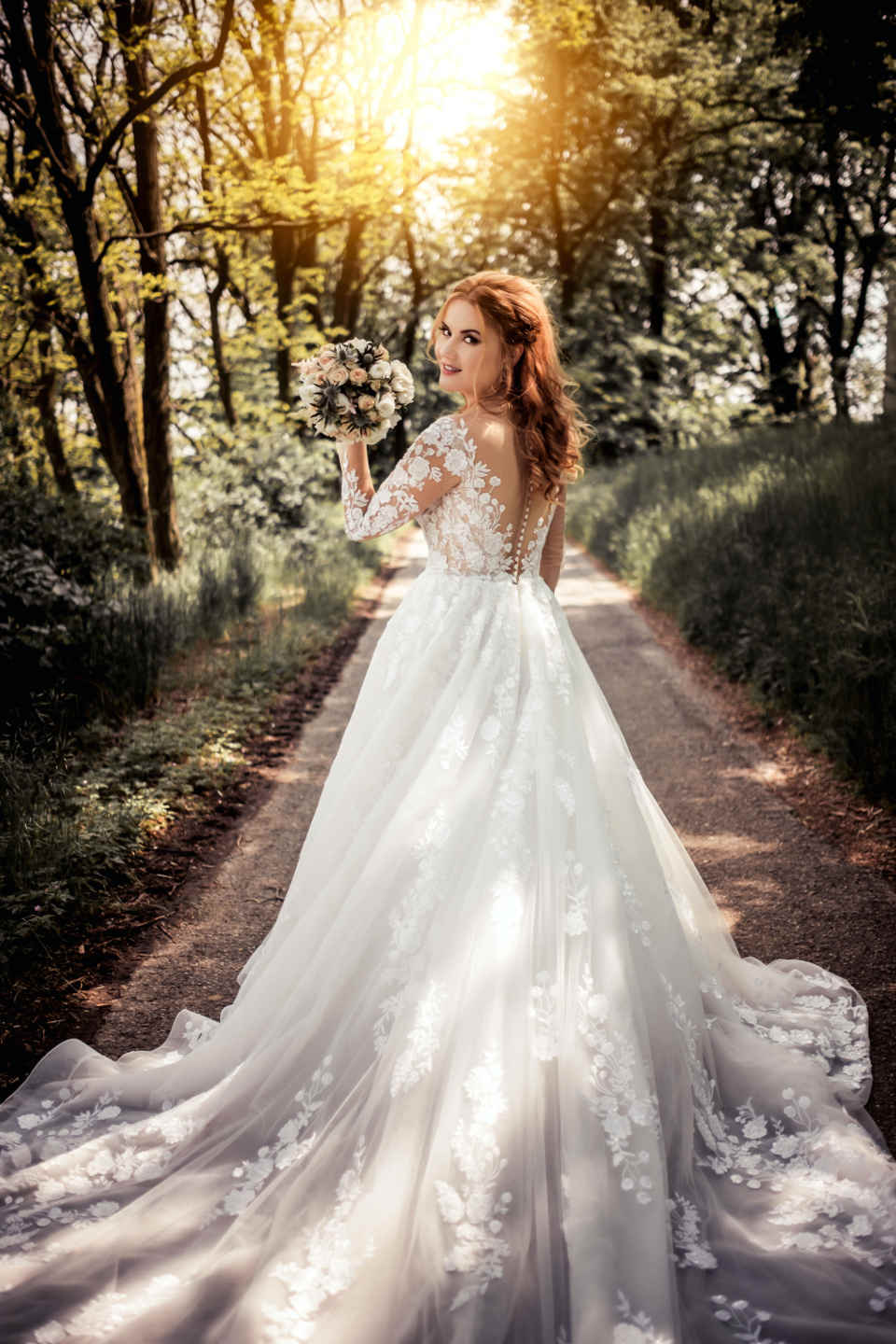
Do photos belong to the photographer?
Yes, but not always as there are a lot of other variables to consider too. If an individual commissions a photograph and enters into a contractual agreement with the photographer that he/she will be owning it, then the ownership will go to the person who commissioned it. If you work for a company where the employment contract states that any product created there solely belongs to the company, then any work you do will belong to them.
In commercial applications, copyright needs to be registered for legal purposes, however, it isn’t necessary. A copyright is created automatically the moment a work is created. However, if any dispute arises over the ownership of the work, then you need to have proof to support your argument. Several benefits come with registering your copyright such as:
- Protect your work – If you ever find someone using your photograph for commercial purposes without getting your permission, then having the copyright registered will allow you to sue them. Technically, you don’t even need to get the copyright granted to file a suit. All you need is proof that you submitted it for registration. So even if you did it and your request got denied, that will be enough to proceed with the lawsuit.
- Record – Registering your photograph or work also helps to put your ownership of the photo into the public record. This can be beneficial as an interested company or individual will be able to get in touch with you to either buy or lease it from you. When it comes to art, the demand and value can change at any point in time and having a public record of ownership can be very helpful in such cases.
- Legal fees – If you file copyright registration within 3 months of the publication or any time before the infringing activity, then you will be able to recover any statutory damages and legal fees. This may amount anywhere from $750 to $30,000 and so is very helpful when it comes to ensuring that you are compensated fairly.
An insight into copyrighting photographs?
A copyright is created the moment the photograph is taken and unless there is an agreement in place stating that ownership will go to a different party, it will belong to the photographer. While registering the copyright will be beneficial, it is not necessary to do so. Different types of photographs and images can be copyrighted as well such as prints, slides, digital photos and even derivative works. Derivative works encompass works where the final image is based on previous work but where only the new elements are copyrighted.
You can copyright a photograph if certain criteria are met such as:
- It must be original (originated from you) and contain a minimum amount of creativity.
- It must be tangible (linked to a film or digital media and so on) and not just a concept or an idea.
- Artistic merit will not be necessary or required.
If your photograph is used on a useful article such as clothing, then you can copyright the artistic elements but not the utility. You can register photographs either on an individual basis or do them as an entire collection. To do either, you will need to fill the necessary forms and send them via email or traditional mail and pay the filing fee. You also need to submit a copy of your work to the copyright office for keeping records. These copies, however, will not be returned to you.
Rights to your image
If a photographer takes a picture (that includes you) within the rules of the law (places where there is no reasonable expectation of privacy), then he/she can publish it or make prints of it without your consent. Even in weddings, if you end up being in any of the photographs, legally you cannot download any pictures from the wedding photographer’s website and publish them online on your social media.
If the rights to the photographs were transferred to the wedding couple, then you can ask them and share them as you seem fit. The same logic applies to any pictures shared on social media but since most of the time they are shared amongst friends and due to the sheer number of anonymous entities, legal action never ends up being taken.
However, they cannot use it for commercial purposes such as using it to promote a brand or a product. This is because by doing so, they are creating an impression that you endorse the product or brand and are using your likeness to do so. If you signed the model release form, however, then you are essentially permitting to do just that. So never sign anything without reading fully and understanding the entire scope of it.
Related Questions
Do you own the rights to your own image?
If you are the model or subject in the photograph and haven’t entered into a contractual agreement with the photographer to gain ownership of the picture, then you will not own the rights to the photograph. Therefore in most cases, the copyright almost always ends up belonging to the photographer. This is because whenever someone clicks a picture, they are essentially creating original work and therefore entitled to owning it unless an agreement states otherwise. However, under the creative commons license, the copyright owner can allow other people to use it as long as certain conditions are met.
Can my photo be used without permission?
It depends. While the right to privacy comes with a certain amount of protection, it is not absolute. For instance, if one is engaged in public activity or acquired notoriety of any sort, then a photo of them can be published without consent. The same is the case for individuals who out of professional needs or circumstances had to come out to a public arena. In such cases, the photographer or the company that publishes the photo will not be liable for infringing on anyone’s privacy. At the same time, if one takes a photograph for commercial purposes such as an advertisement, consent may be required to publish the pictures. The copyright law may differ from one country to another and so it would be wise to read up on it if you feel that your privacy was infringed upon.
Can you sue if someone uses your picture?
You can, but it will depend on both the copyright laws in your country and the situation. If your photograph was used to promote a brand or a product without your knowledge or permission, then can sue them unless you have entered into a contract with them that states otherwise. If you know that you are in the right, then you can resolve the issue by contacting the company or individual who infringed on your privacy. If that doesn’t fix the issue, you can send them a cease and desist letter or lodge a formal complaint. If nothing works, then you can contact a lawyer to understand the merits of your case and accordingly decide to sue them or not.
What to do if someone takes a picture of you?
Generally, a photographer can take pictures of you in public places without asking your permission. If someone who doesn’t know you takes a picture of you, you have the right to ask them to stop or delete the photograph. If the photo was taken when you were taking a shower, then you can officially lodge a complaint with the police because it is a crime to do so. Circumstances where you are not sure whether your photograph was taken or not, however, fall in the grey as there might not be proof of the act. It is important to note that if you are in a public arena and get photographed by someone, the person who took the photograph is in their rights to do so. If you catch them photographing your private parts, you have the right to call the police. Cases of photographic voyeurism are always very difficult to prove and so the best you can do is to always be aware of your surroundings.
Is it legal to publish photos without consent?
A photo that is taken in a public arena or any place where there isn’t a reasonable expectation of privacy can be published or shared online. Consent is not required in such cases generally as the right to privacy isn’t absolute. All of us have to sacrifice a certain amount of privacy and so a photograph that is taken lawfully can be used without the subject’s permission. However, if the same was taken in a place where there is a reasonable amount of privacy such as a bedroom where someone was changing or in a public bathroom, then legal action can be taken. If the photograph was taken without your permission to be used for commercial purposes, you can take legal action and sue them for damages. The same applies to digital photos too as you cannot share a picture that belongs to someone else and post it as your own.
Related community topics
If you have any other questions that are not answered in this article, you can ask them on our Community Forum by clicking on this link.
Header photo © Markus Winkler / Unsplash
